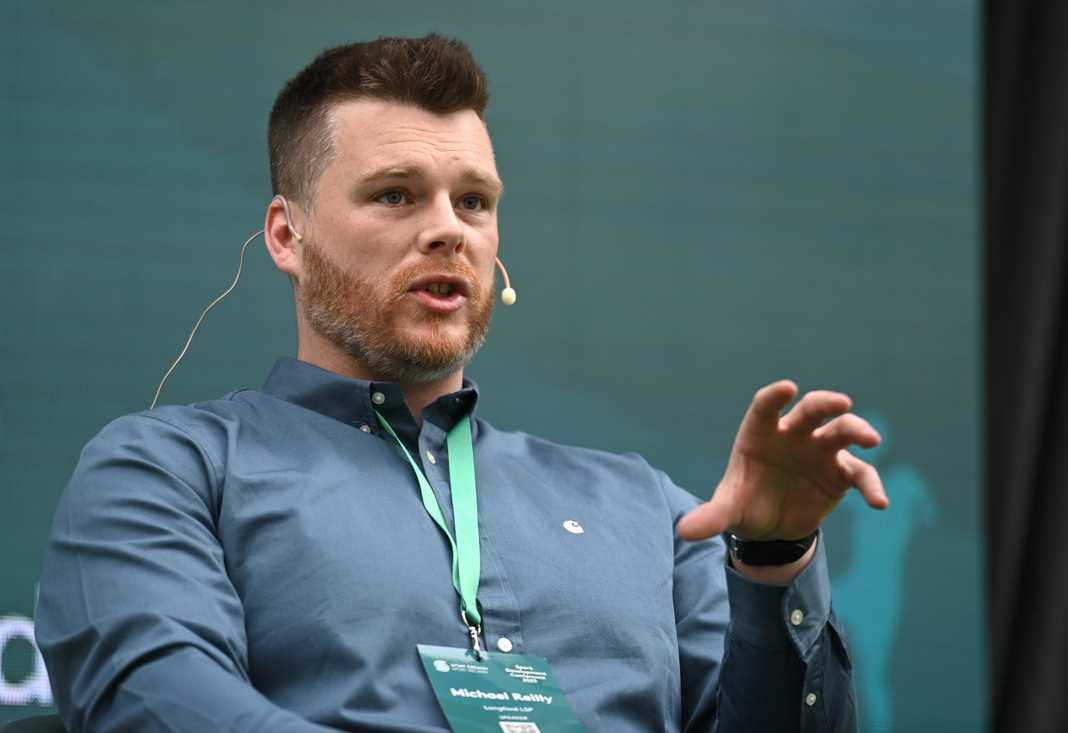Too Settled for the Traveller, Too Traveller for the Settled
I’ve spent my whole life sitting between two worlds, Traveller and settled, and never feeling fully accepted by either.
23 Jun 2025
By Michael Reilly, an ESF+ Social Innovation in Sport Officer
I’ve spent my whole life sitting between two worlds, Traveller and settled, and never feeling fully accepted by either.
My father is a Traveller. My mother is not. I was raised to know and love both sides of my heritage. I grew up with both families, learning their stories, values, and ways of life. But knowing both doesn’t mean you’re embraced by both.
In the settled world, I learned early to keep parts of myself quiet. In school and work, I heard the jokes, the slurs, the stereotypes. “You’re not one of them, are you?” they’d ask, and I’d shrink a little inside. Even friends and colleagues would say, “Don’t say that, Michael, you’re not a Traveller,” as if they were doing me a favour. As if being a Traveller was something to be ashamed of, something I could, or should, distance myself from.
But in the Traveller community, it wasn’t much easier. Any time I spoke about my mixed heritage, I was accused of denying who I was. But when I tried to fully embrace my Traveller identity, I was laughed at. “You’re not true blue,” they’d say. “You’re not a real Traveller.”
It didn’t seem to matter how much I loved my culture, how much I gave back, or how deeply I cared. Because I didn’t fit the stereotype, I was seen with suspicion. I went to college. I got a degree. I bought a house. I built a career. For some, that meant I’d abandoned my roots. I wasn’t proud, I was hiding. I became a Traveller on their terms when it suited them.
I remember my first job. A group of Traveller lads came in and spotted me behind the counter. One of them said, “Why are you working here? You’re only a knacker like the rest of us.” From that day on, my boss started calling me Mikey the Pikey. I was just a teenager. I didn’t know my rights, and I was afraid to speak up. So, I said nothing. I laughed along. And every time I did, it chipped away at me.
Even now, on a professional level, I feel the sting of exclusion.
I sit on a Traveller Interagency Group, a place where we’re meant to advocate for the community. At one meeting, I spoke honestly about being mixed. A Traveller woman, representing a local health project, looked me dead in the eye and said, “Michael, the way we see it, either you are, or you’re not. There is no in-between.”
And just like that, I was dismissed. Not because of what I said. Because of who I am.
I work hard for my community. I’ve delivered talks on national stages about the challenges Travellers face. I lead a national research project focused on the barriers to physical activity for Traveller and
Roma communities. I’ve represented my ethnicity, my county, and my country at an EU roundtable as an expert in sport inclusion. I do this work because I care.
And yet, my identity is still debated. Still dismissed. Still measured by other people’s comfort.
But here’s what I’ve learned: I don’t need permission to be who I am.
I’m not “too settled” and I’m not “too Traveller.” I’m both. Fully. Proudly. Unapologetically.
And I know I’m not alone.
There are others like me, growing up in the middle, made to feel invisible in both communities. Told they don’t belong. Treated like a contradiction.
To them, I say this: you don’t have to choose. You are already enough. You don’t need to fit anyone’s definition but your own. Your story matters. Your voice matters.
To policymakers, educators, community leaders, I say this: make space for mixed voices. Don’t just include us when it suits a narrative. Include us because we are part of the narrative. Start recognising the complexity of identity. Start asking better questions about what belonging really means.
Because if we truly care about inclusion, we need to stop drawing lines around who gets to belong.
The in-between deserves a home too.